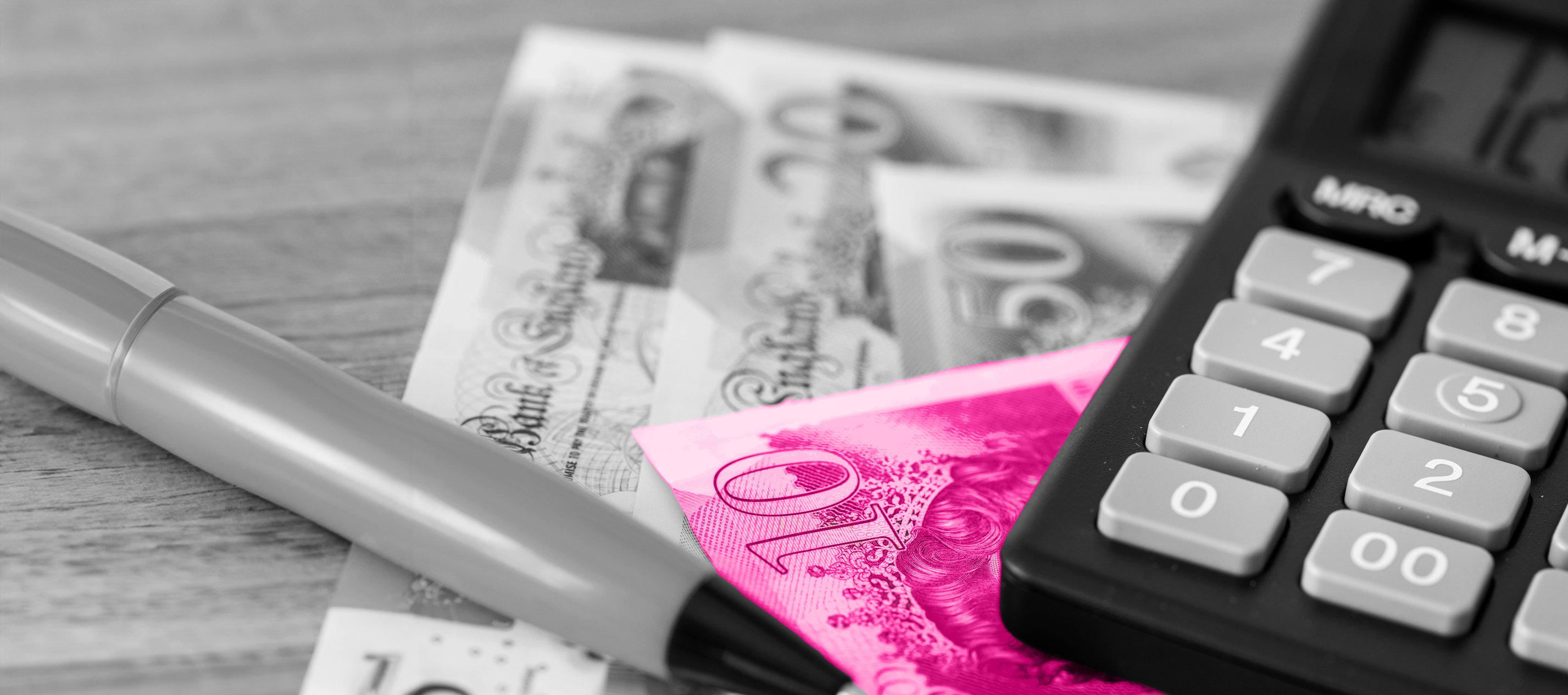Selling your Business as a Going Concern
Transfer of a Going Concern – Should you be Concerned?
ou may have come across the concept of the transfer of a going concern but do you understand the implications if you are buying or selling a business? Commercial solicitor Andrew Carrier explains.
You need to work out whether or not the transfer of a business should be treated as a ‘Transfer of a business as a going concern’ (TOGC) to ensure that the correct amount of VAT, when chargeable, is accounted for and paid. In certain circumstances TOGC rules apply and the sale will not be treated as a supply for VAT purposes and so no VAT should be charged. The sales affected will be those where a business is sold as a ‘going concern’ or where the sale is of part of a business that can be operated separately.
Normally the sale of assets of a business that is, or should be, VAT registered will be subject to VAT. A TOGC is treated as ‘neither a supply of goods nor a supply of services’. Where TOGC conditions are met the supply is outside the scope of VAT and VAT is not chargeable.
The TOGC rules are mandatory not optional and so it is important to establish at the outset whether a sale is or is not a TOGC.
The main conditions to be met are:
- The assets must be sold as part of the transfer of a business as a going concern
- The same assets must be used by the buyer with the intention of carrying on the same kind of business
- There must be no significant break in trade
- If part of a business is sold it must be capable of operating separately
- There are additional rules where land is concerned.
The following situations will not be a TOGC:
- A change in constitution of a partnership
- Where there is no transfer of assets
- The transfer of shares in a limited company
- The transfer of a farm business to a farmer who is certified under the Agricultural Flat Rate Scheme.
It is essential to get the VAT treatment right. If VAT is charged when it should not be the buyer will not be able to reclaim the VAT as input tax and the seller will have to cancel any VAT invoice and refund the VAT.
There can be a TOGC where the seller is not VAT registered but if the supply is a relevant supply for VAT registration purposes the unregistered seller will have to register and account for VAT. Where the seller is VAT registered the buyer must either be VAT registered, be required to register for VAT (based on the turnover of the business) or have been accepted for voluntary registration.
Following a TOGC the buyer will need to consider matters such as the capital goods scheme rules, de-registration and goods still owned by the original business, business records and Intrastat rules. Both buyer and seller will also have to consider rules relating to the transfer of the seller’s VAT registration number.
Related Articles
Recommended By The Legal 500 Directory*
*We are recommended for the following practice areas: Corporate and Commercial, Debt Recovery, Employment, Personal Injury: Claimant, Agriculture and Estates, Contentious Trusts and Probate, Family, Personal Tax, Trusts and Probate & Commercial Property.
ServicesContact
















